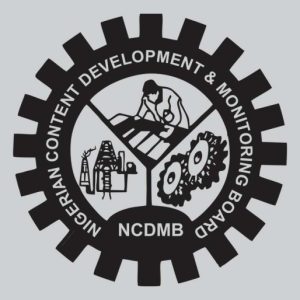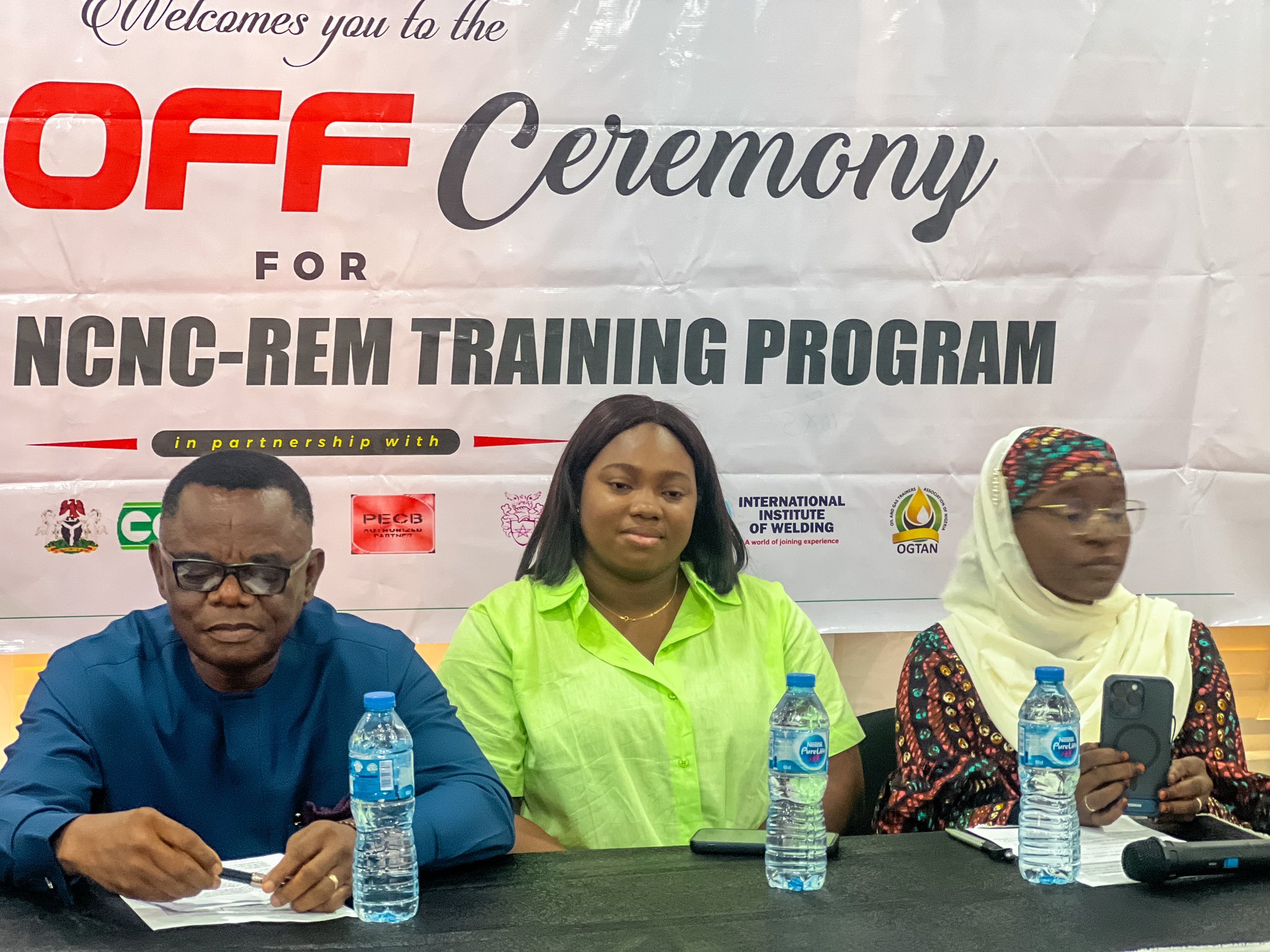The Nigerian Content Development and Monitoring Board (NCDMB) and key organisations in the oil and gas industry – the Petroleum Technology Association of Nigeria (PETAN), Petroleum Contractors Trade Section (PCTS), Oil Producers Trade Section (OPTS) and the Nigeria LNG Ltd have advised against increasing the percentage of the Nigerian Content Development Fund (NCDF) from the current one percent to two percent as proposed in the amendment of the Nigerian Oil and Gas Industry Content Development (NOGIDC) Act.
The NCDF is deducted from the value of contracts awarded in the oil and gas industry and was pegged at one percent by the NOGICD Act of 2010.
The organisations canvassed this position in separate presentations they made on Monday in Abuja at the two-day public hearing organised by the Joint Senate Committee and House of Representatives Committee on Nigerian Content Development and Monitoring.
The public hearing is focussed on three proposed legislations, namely the Bill for an Act to amend Nigerian Oil and Gas Industry Content Development Act, Cap 2, 2010 and other maters connected thereto and the Bill for an Act to enact Nigerian Local Content Act for the development, regulation and enforcement of Nigerian Content in all sectors of the Nigerian economy except Oil and Gas Industry Sector and for related matters.
The third legislation seeks to repeal the NOGICD Act and enact Nigerian Local Content Development and Enforcement Commission Act and establish the Nigerian Local Content Development and Enforcement Commission.
In his submission, the Executive Secretary NCDMB, Engr. Simbi Kesiye Wabote argued that the one percent NCDF deduction should be maintained “given the pressure that the global oil and gas companies are facing with cost escalations and price reductions in the industry. With prudent management of the NCDF and the full cooperation of the operating companies, we believe Local Content shall continue to operate efficiently and grow.”
In their speeches, representatives of the leading oil industry organisations advised against the proposed increment, stressing that an amendment of the NOGICD Act should promote and protect local businesses and encourage entry of foreign capital and technology into the country to further grow the sector.
They also strongly opposed the proposed bill which sought to repeal the Nigerian Oil and Gas Industry Content Development Act 2010 and enact Nigerian Local Content Development and Enforcement Commission Act.
The representative of the OPTS, Engr. Joseph Ofili posited that that the group was totally against the Commission Bill because it would erode the gains of the past 10 years of Nigerian Content implementation and return the industry to ground zero with regards to Local Content implementation.
The PETAN Chairman, Mr. Nicolas Odinuwe stated that it would be a grave mistake to repeal the NOGICD Act which had been acclaimed by several stakeholders to be very successful. He insisted that the best strategy would be to fine-tune a few areas to make it more effective.
On the new provision to earmark 0.5 percent of gross revenue of oil and gas companies for research and development, the Executive Secretary NCDMB who was represented by Director Planning, Research & Statistics, Mr. Daziba Patrick Obah stated that the Board welcomes it on the condition that the money would be for the operator’s own utilization.
The Board also supported the proposal by the amendment to add Naira to the Benchmark Currency for Local Contracts “This means a paradigm shift from the dollar-denominated provision to a bi-currency model,” the Executive Secretary explained.
On the requirement for Companies Seeking Expatriate Quota (EQ) to Provide Additional Information, Wabote said the Board supports the review “because it increases the information to be provided by companies seeking Expatriate Quota approval which will further prevent abuse of the process and round-tripping of expatriates across sectors of the economy. We have a very good interface with the Ministry of Interior; the proposed amendment will further enhance data exchange and inter-agency collaboration. “
On the proposal to impose administrative sanctions on defaulters of the Act , the Executive Secretary stated that “the Board welcomes the change because “it categorizes the various violations and stipulates sanctions that could be applied upon conviction and now empowers the Board to mete out administrative sanctions against erring companies on certain categories of infractions without first securing a conviction in court. We believe this will further enhance the regulatory functions of the Board and reduces additional burden on the courts.”
In his remarks, Chairman of the Senate Committee on Local Content, Senator Teslim Folarin Teslim clarified that the Bill for an Act to amend NOGICD Act and the Bill to enact Nigerian Local Content Act for the development, regulation and enforcement of Nigerian Content in all sectors of the Nigerian economy were sponsored the Nigerian Content committees of both houses of the national assembly.
He explained the that the justification for proposing a separate legislation for the other sectors of the economy was because the oil and gas industry was peculiar and its operations and governance structure of the NOGICD should not be disrupted.
Also speaking at the event, the Deputy Leader, House of Representatives, Honourable Peter Akpatason, who represented the speaker of the House of Representatives, Rt Honourable Femi Gbajabiamila explained that the proposed bills have significant impact on the national economy. He noted that 10 years of Nigerian Content implementation have resulted in noteworthy achievements, listing them to include the employment of many Nigerians in the oil and gas industry, engagement of Nigerians in high-tech activities of the industry, significant reduction in capital flight and retention of spend in-country.







